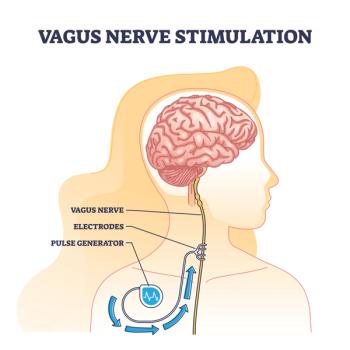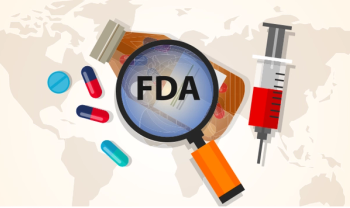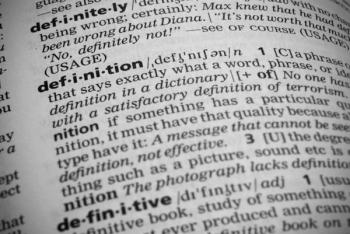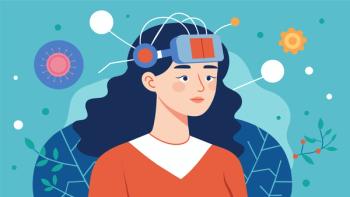
Study Estimates 5 Million People Could Benefit from Magic Mushrooms for Depression Treatment
Psilocybin-assisted therapy, which involves using the active ingredient from "magic mushrooms," could benefit roughly 5 million people currently receiving treatment for major depressive disorder and treatment-resistant depression if the FDA approves it.
Psilocybin-assisted therapy (PSIL-AT), which involves using the active ingredient from "magic mushrooms," could benefit roughly 5 million people currently receiving treatment for major depressive disorder (MDD) and treatment-resistant depression (TRD) if the FDA approves it, according to a new
Psilocybin is currently FDA approved only for use in clinical trials to study its safety and efficacy. However, it’s not yet approved for treating any conditions outside of these trials, including major depressive disorder and treatment-resistant depression.
major depressive disorder is a common mental health condition where people are intensely sad for an extended period of time and lose interest in activities they once enjoyed. Treatment-resistant depression is a type of depression where patients don't improve even after attempting at least two different antidepressant treatments.
Psilocybin-assisted therapy is being considered as a potential breakthrough treatment for both conditions, according to previous trials.
According to the Emory study, almost 20% of the 85 million Medicaid beneficiaries — or 17 million people — are likely to have clinical depression.
Researchers of this study aimed to figure out how many people in the United States might benefit from Psilocybin-assisted therapy if it gets FDA approval. To do so, they looked at who may be eligible for treatment under different criteria.
To estimate the potential demand for Psilocybin-assisted therapy, the study examined three estimates: a lower-bound estimate with strict criteria, a mid-range estimate based on real-world situations and an upper-bound estimate that considered people with other medical conditions that could make them eligible for the drug.
The study used data from the National Survey on Drug Use and Health from 2021 and adjusted for other health conditions like psychosis, suicide risk and heart problems. This helped provide a more realistic idea of how many people might be eligible for psilocybin-assisted therapy, while excluding temporary or experimental conditions.
Data found that between 56% and 62% of individuals currently treated for these disorders could be eligible. The lower estimate suggested that only 24% of patients would qualify. This would amount to about 2.2 million people with MDD and 0.6 million with TRD.
The mid-range estimate showed that 56% of patients could be eligible. Resulting that about 5.1 million people with MDD and 1.5 million with TRD might benefit from psilocybin-assisted therapy.
The upper estimate raised the potential number to 62%, which means that up to 5.6 million people with MDD and 1.7 million with TRD could qualify.
While these numbers provide a helpful estimate, the study acknowledges that there are still uncertainties.
For example, it’s unclear how many people will seek treatment once PSIL-AT becomes available, especially since psilocybin might also be used off-label for other conditions in the future.
Additionally, access to trained providers is a major concern to researchers, especially in rural areas where there may not be enough professionals to administer the treatment.
State-level regulations also play a role in determining how easily people can access psilocybin-assisted therapy, with some states having stricter rules than others.
Further research is suggested to make sure this treatment is accessible to those who need it most.
Newsletter
Get the latest industry news, event updates, and more from Managed healthcare Executive.























